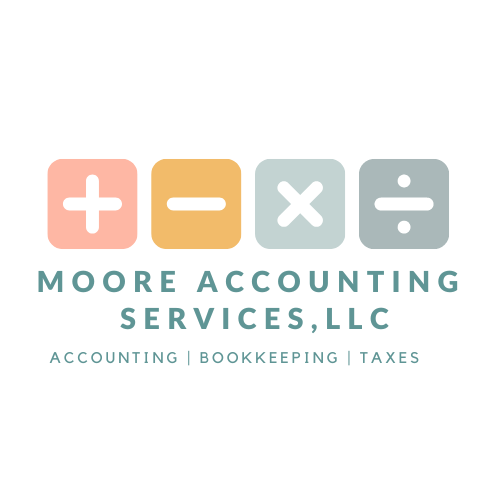What information do I need to supply to my offsite bookkeeper?
Unlike your tax preparer, we need see ALL your source documents pertaining to your business. We need it to ensure we have recorded your business revenue and expenses properly.
Money In:
Details of funds deposited in your business account.
This could be as simple as a list of deposit amounts by date with information broken down by what income accounts the money is allocated to (amount of sales for Widget #1, Widget #2, etc), or more complex such as a listing of sales receipts by customer with a breakdown of services or products sold.
If you invoice your customers, and we are tracking your accounts receivable, we need a breakdown of which customers have paid what invoices, and who is still outstanding yet.
If you collect sales tax, we need to know what portion of the sales revenue deposited is sales tax collected from your customers.
If you sell through online platforms, this can be more complex. Sites like Amazon or Shopify will supply you with reports, which you will need to retrieve and forward on to us so that we can see a breakdown of what you sold and if applicable, what sales tax was collected (or provide us with log in access).
If you contribute personal funds to your business, we need details. We need to know if it is simply an owner's contribution, or if you are structuring it as a loan to be paid back with interest (note that you need formal documentation and advice from your tax preparer in which method is allowable depending on your structure).
If you accept credit card payments, your monthly settlement statement.
Money Out:
Expense receipts including internet receipts - sorted by source of payment: bank, credit card, business cash, and personal funds - if it isn't obvious what the payment was for, please make a note on the receipt.
A check register, copies of duplicate checks, or copies of check stubs written - we need to know who the check were written for, and what the expense was for.
A listing of all pre-authorized direct deposits and withdrawals on your bank and credit card statements.
Any money that you, personally, withdrew from the business for your personal use.
A listing of any transactions that are personal (Hint - DON'T do this! If you need to pay for personal items, take an owner's draw out of your business and then pay what you need to pay. DO NOT pay personal transactions from your business funds - ever!)
Other Documents:
Bank statements, credit card statements, vendor statements.
Documents pertaining to the purchase, major repair, and sale of capital assets.
Documents pertaining to lease agreements, financial loans, insurance or any contracts you have entered into.
Inventory listing, if applicable.
Payroll Information
Payroll information and reports including new employee information (level of information is dependent on whether we are processing your payroll or you are doing it yourself):
If we are processing, we need ALL year-to-date reports (quarterly filings, payments, payroll reports, wage breakdown for each employee) as well as W4, WT-4, I-9, pay rates, and deduction information for each employee.
If you are processing your own payroll, we need after-the-fact copies of your payroll reports that show the details of each payroll (gross pay, deductions, breakdown of payroll taxes, net pay, and how payroll was issued – check or direct deposit).
Very simply... Where did your money come from, and where did it go?
This may sound like a lot of information, but these are all pieces to the puzzle of your business finances. When your bookkeeper is missing any of these pieces, not only is it frustrating for them (and you will get charged more if they have to chase down information), they can't possibly give you accurate financial reports.
